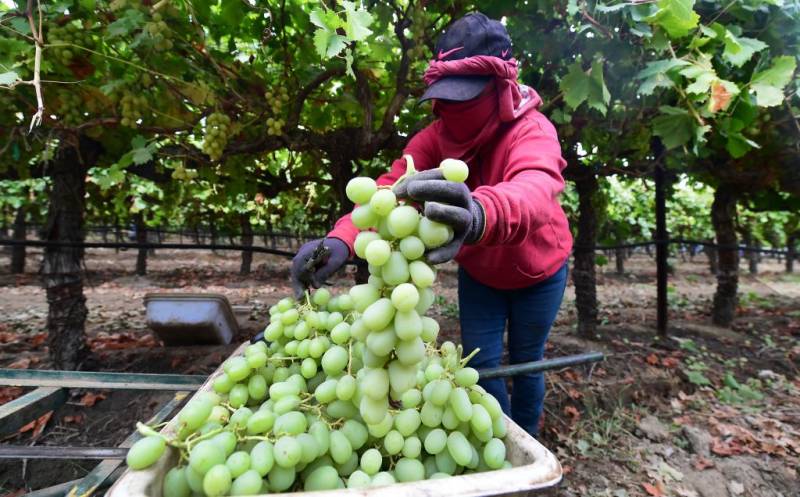“Oftentimes the fines will be reduced or eliminated,” she said. “We know that the food production employers — and the companies they’re producing for — have very powerful legal teams to reduce the fines.”
The companies’ violations often included failure to provide and implement a health and safety system, which is required by a 1991 state law, the study said.
The report describes food production workers as those working in meat packing, dairy operations and agriculture — primarily Black, Latino, and Indigenous people, and often undocumented immigrants.
Keeping workers safe
Among 36 agricultural workplaces that utilized contractors, the report names Brutocao Vineyards. Cal/OSHA fined Brutocao Vineyards $3,710 in September 2020 for allegedly failing to provide face masks for three workers and neglecting to keep workers 6 feet apart.
Len Brutocao, director of vineyard operations, blamed the violations on the workers.
“We provided the masks, and they just didn’t wear them,” he said in an interview, adding that the company has since increased training and stressed wearing masks.
California’s food and farm employers aren’t very different from similar employers around the country, said Suzanne Adely, co-director of the Los Angeles-based Food Chain Workers Alliance, a national coalition of food workers unions.
The 21.5 million farm and food workers make up the nation’s largest workforce, she said. The lack of COVID protections is just one of their many vulnerabilities.
“Food workers have the lowest median wage than any workforce and are the most food insecure,” Adely said. “They have some of the highest rates of health and safety violations … and high rates of wage theft.”
As the pandemic continues, the report recommends that state leaders and Cal/OSHA officials strengthen paid sick leave protections, increase workplace inspections and ensure that employer health and safety data is more accessible to the public.
